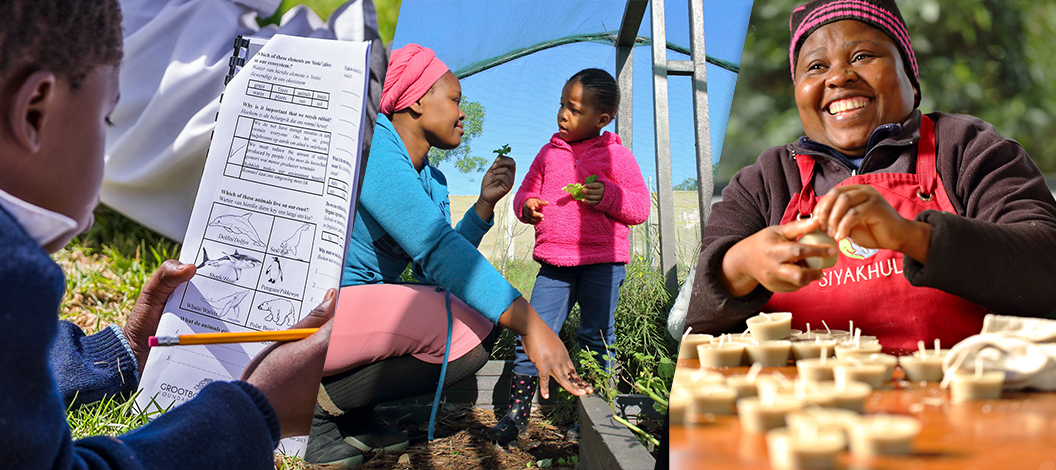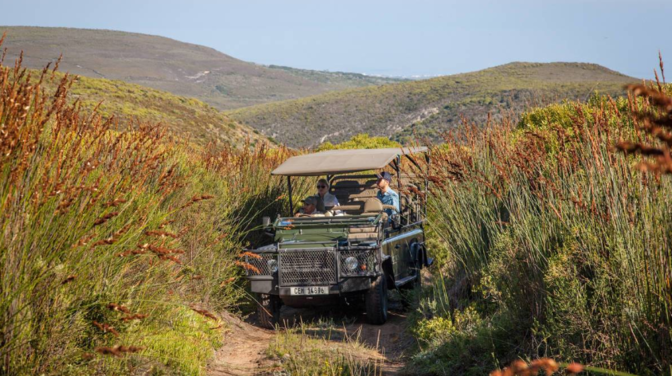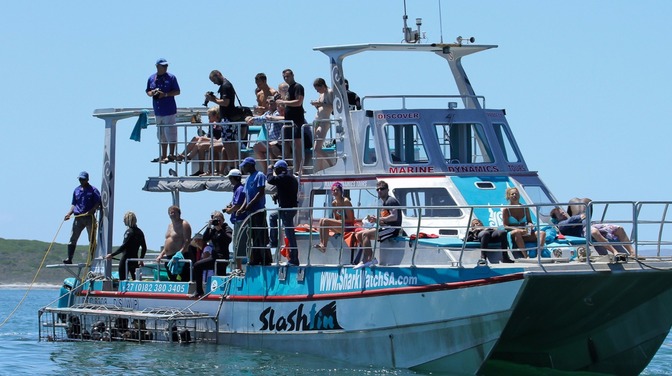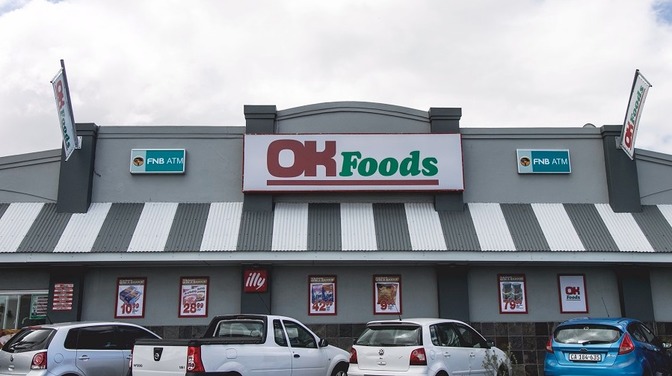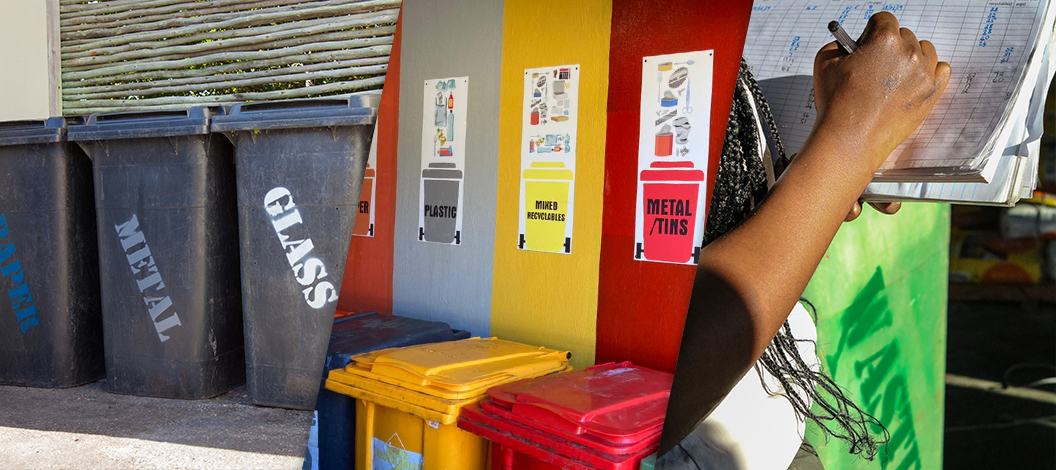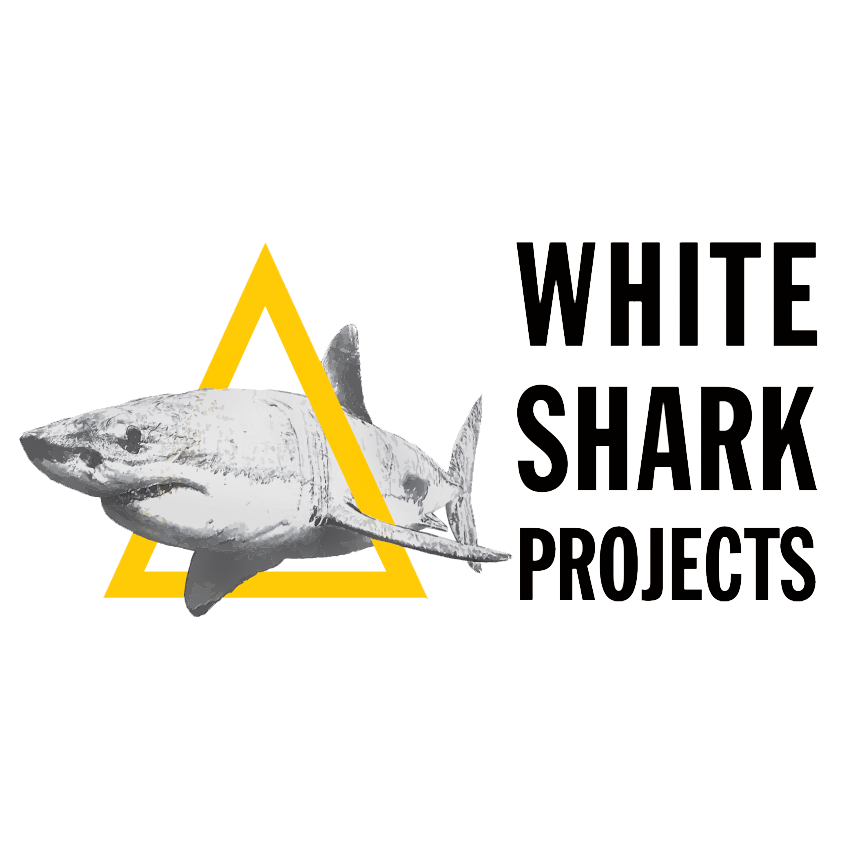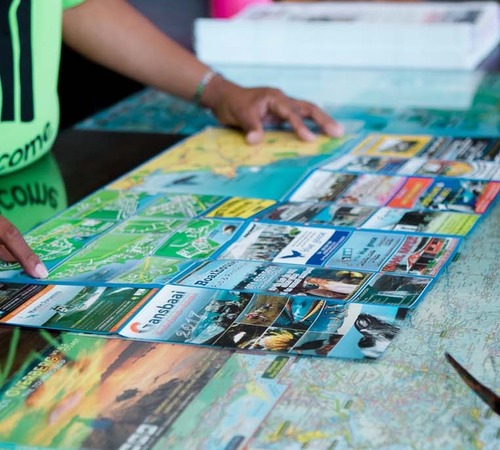Pioneers of Sustainability: Grootbos is Carbon Negative
Over the past two decades, Grootbos has gone beyond simply conserving the pristine Cape Floral Kingdom. We are constantly researching, innovating and pioneering novel solutions to fundamental sustainability challenges. Our sustainability mindset is embedded throughout our entire operation and is an integral part of the Grootbos DNA.
Following a recent on-site assessment and external audit, Grootbos has officially been certified as carbon-negative since 2018. Our carbon-negative status is a testament to our dedication to our overarching conservation and sustainability vision.
This is an incredible milestone in our sustainability journey and while our carbon-negative status is a natural by-product of what we inherently do, we are nonetheless excited to share this achievement with you. We will continue to pioneer ways to protect, conserve and uplift the environment and surrounding communities.
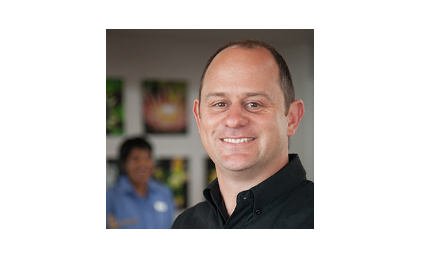
A message from our General Manager
“We are extremely proud of our achievement. The work we have put into achieving our carbon-negative status encourages us to continue pioneering new and exciting initiatives that positively impact our Carbon status. It highlights the responsibility we have to our environment and the community that surrounds us.” - Sean Ingles, General Manager
Grootbos is Carbon Negative!
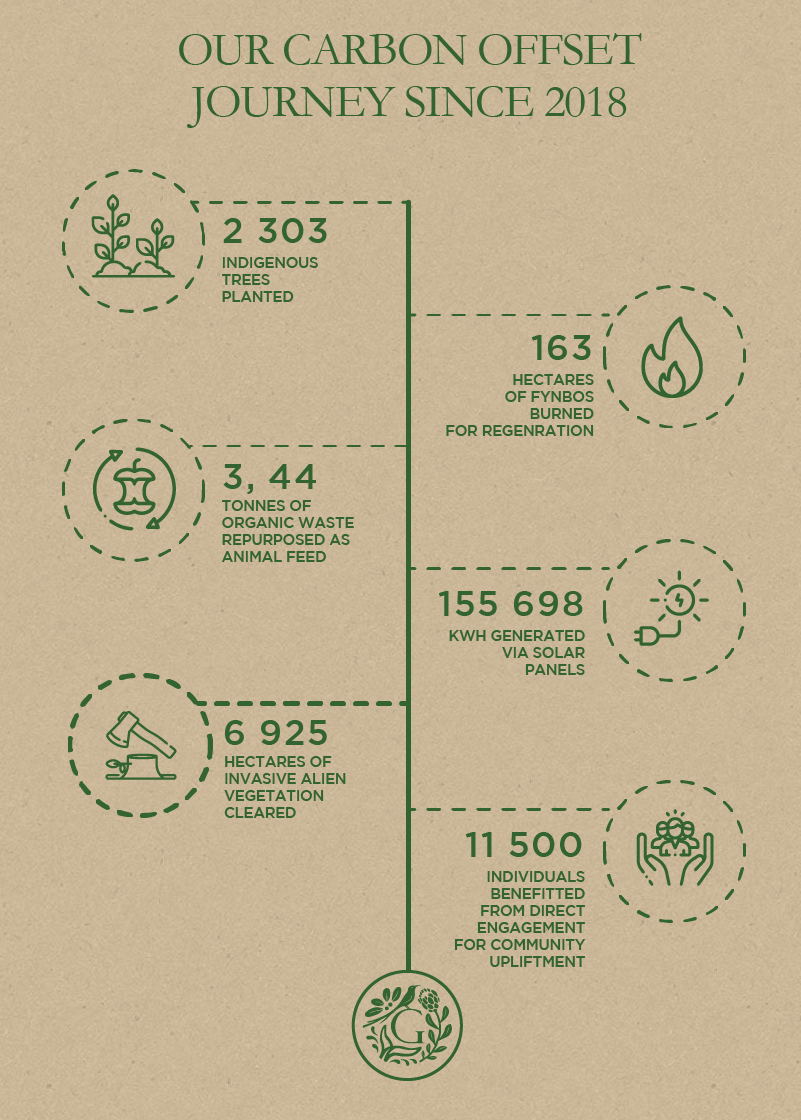
Our Carbon Credits
We have been monitoring our carbon footprint since 2014 and together with the Grootbos Foundation have consistently worked to reduce it through various responsible carbon and carbon emission practices. Each project aligns with internationally approved methodologies and contributes to our carbon credits. These long term projects are:
1) Reforestation
Over the past decade, we have undertaken a considered reforestation initiative ‘Future Trees’ with the intention of restoring indigenous hardwood forests based on aerial photographs of where these forests originally occurred.
The work to rehabilitate these forests through this reforestation initiative has contributed towards offsetting our carbon emissions.
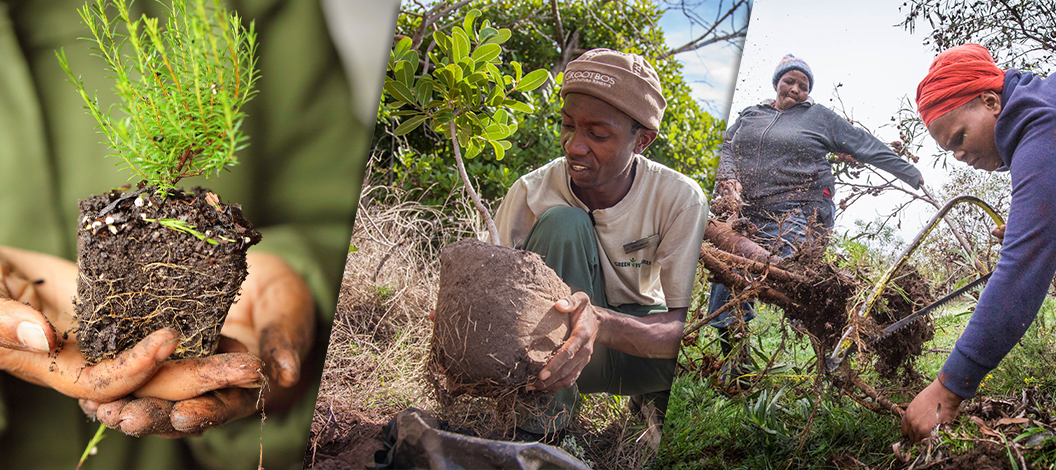
2) Improved Fire Management
Surrounded by 2,500 hectares of pristine and vulnerable fynbos, Grootbos is situated in a high-risk wildfire zone.
To reduce the risks of wildfires we make use of controlled, low intensity prescribed burning of the fynbos. The controlled and managed burns, along with the removal of invasive alien vegetation greatly reduces the ecologically damaging effects of intense uncontrolled wildfires.
Accidental fires often occur under hot, dry and windy conditions, such as in the middle of the dry Summer season. Under these conditions, the burned areas are often much larger than after a prescribed burn with very little vegetation cover remaining. In addition, the below-ground vegetation and soil ecosystems are often damaged because of the high intensity of these fires. The probability of soil erosion processes occurring therefore increases, resulting in the loss of the carbon rich topsoil that is critical for the maintenance of long-term soil health and biodiversity.
Relative to high intensity fires, low intensity prescribed burns result in less soil carbon loss, less leaf litter loss and reduced fire penetration into indigenous forests. Low intensity fires also lead to quicker recovery of above and below ground carbon stocks.
This land management practice not only ensures the survival of the fynbos biome and many of the highly endemic plant species but contributes substantially to carbon sequestration.

3) Investments in Renewable Electricity Generation
Solar energy is used to supply the Grootbos Foundation, the Grootbos Environmental Centre and Garden Lodge with renewable electricity resulting in the displacement of over 50,000 kWh per electricity per year.
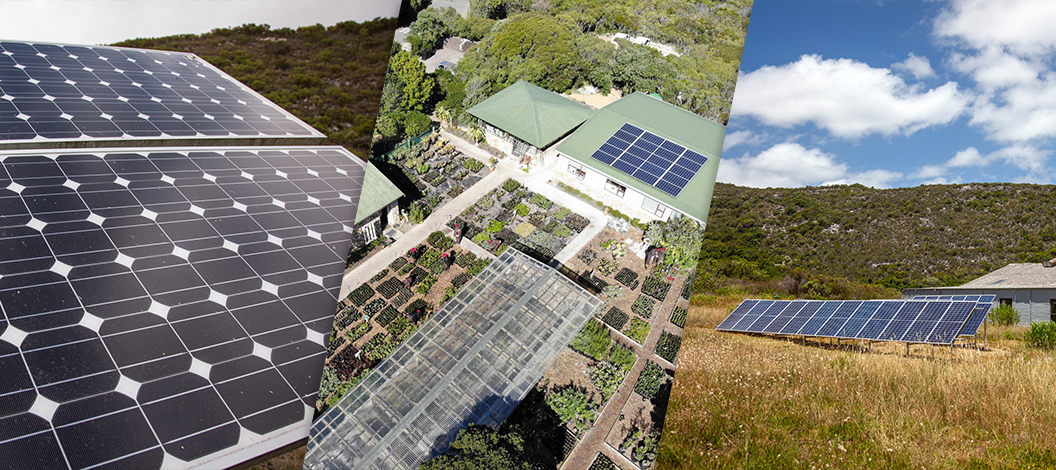
4) The Recycling of Solid Waste
Solid waste from our Grootbos lodge operations are recycled reducing the amount of waste going to landfills. This practice throughout our lodges assists in offsetting our carbon emissions. This includes recycling cans, bottles, plastics and cardboards.
5) The Processing of Compostable Material
To reduce the carbon emissions generated from food waste, we process the organic waste from our lodges.
Organic waste is either used as animal feed at our “Growing the Futures” farm or composted on-site at Grootbos. This ensures the our food waste does not end in the local landfill.
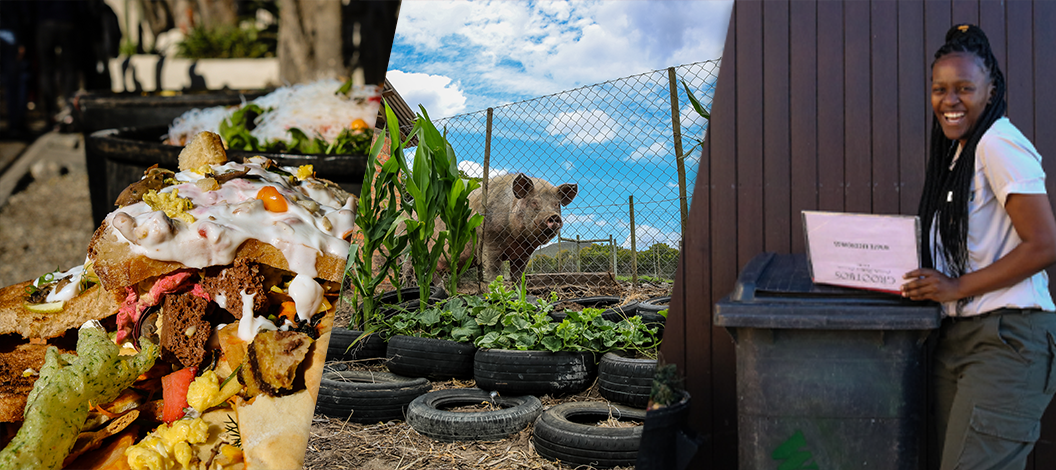
6) Poverty Alleviation and Community Development
The Grootbos Foundation, formally created in 2003 has an 18 year legacy of active community programmes including early learning centre support, food security initiatives, enterprise development support, sports for development, youth programmes and vocational training.
It is our mission to support the creation of sustainable livelihoods. Community has been incorporated into our carbon audit, recognising that our work in our surrounding communities is an essential component of sustainability and a powerful driver positive impact.
